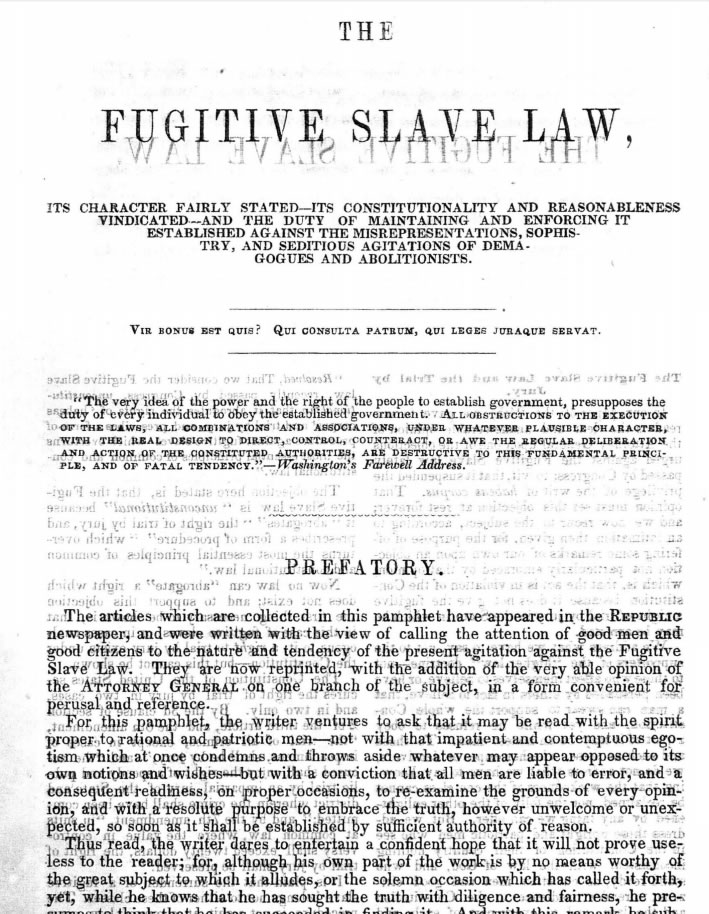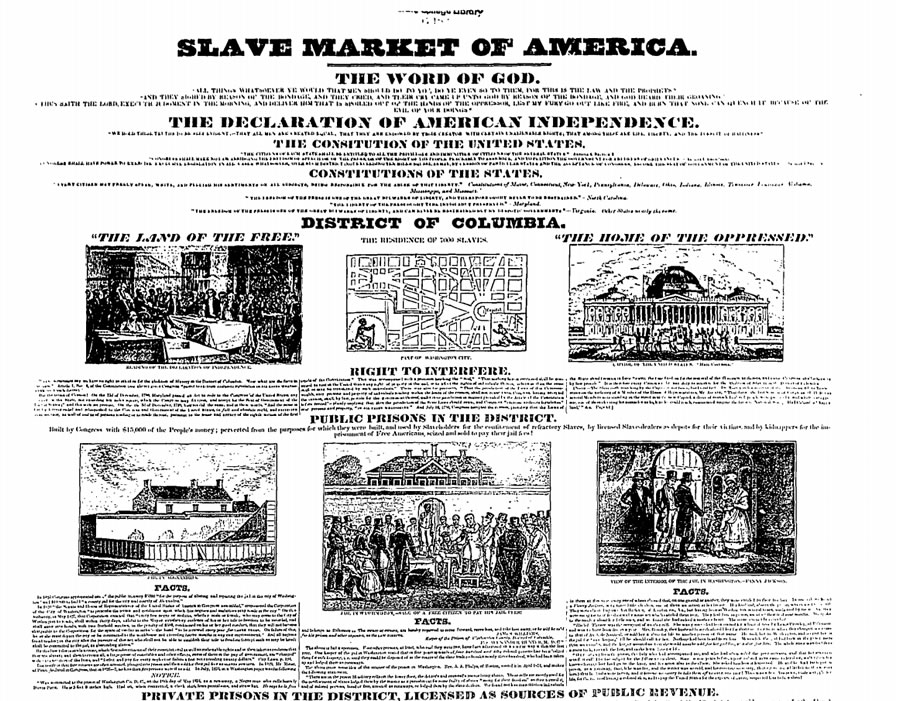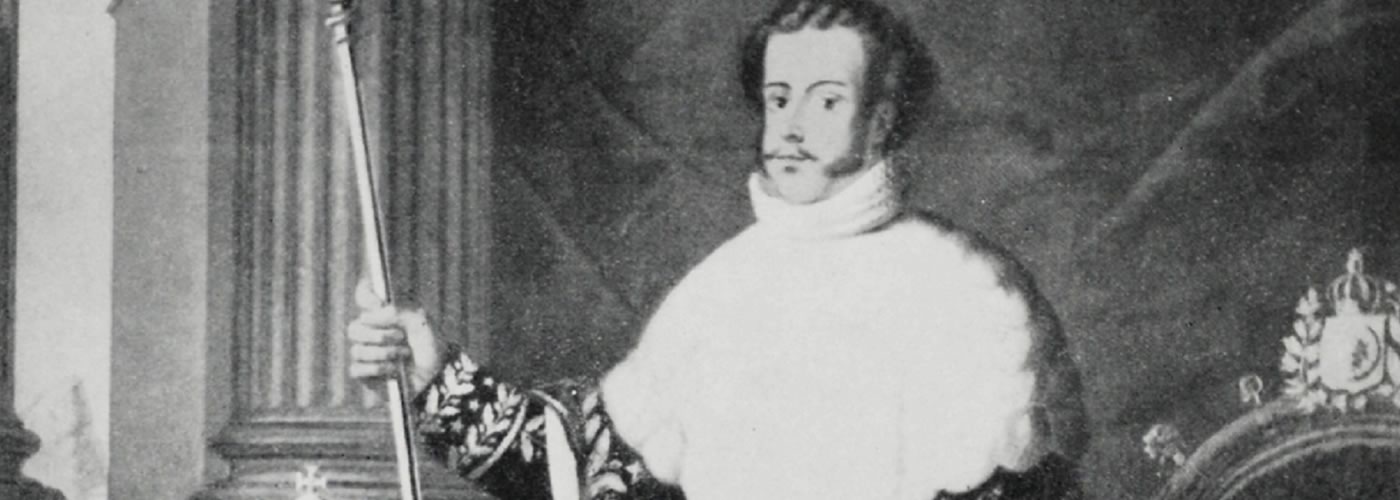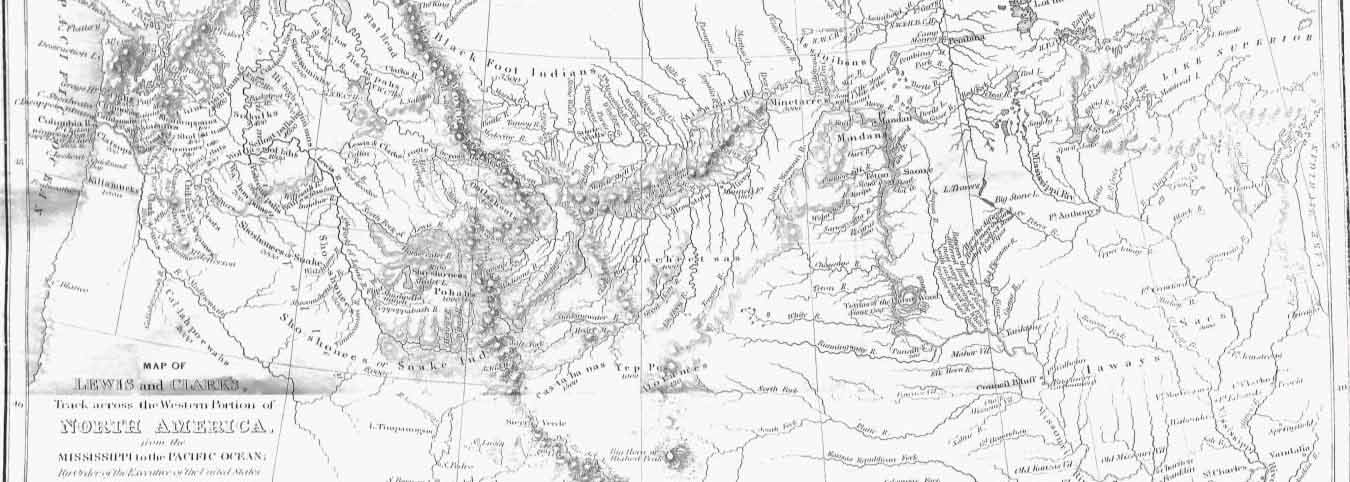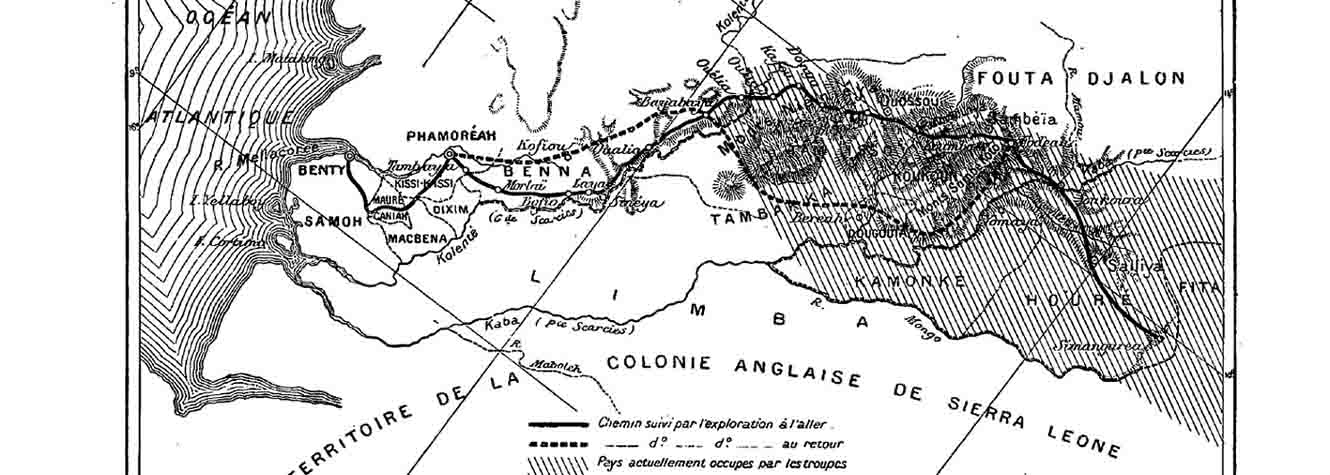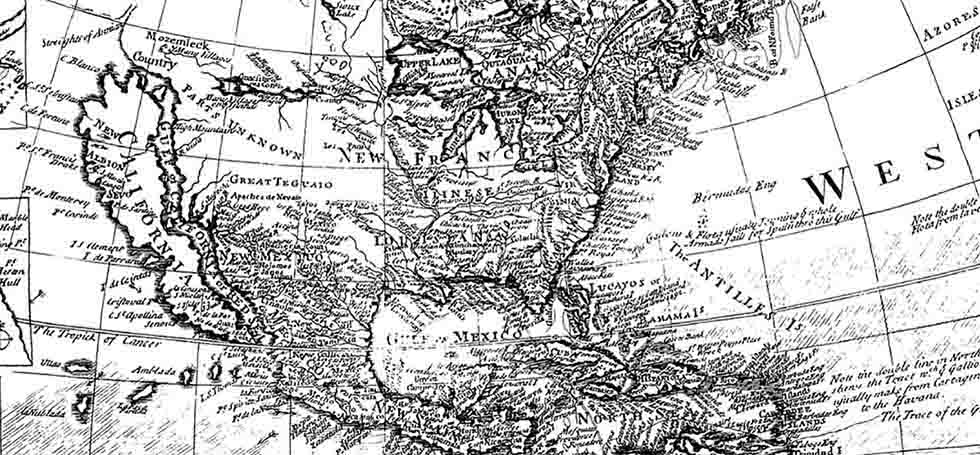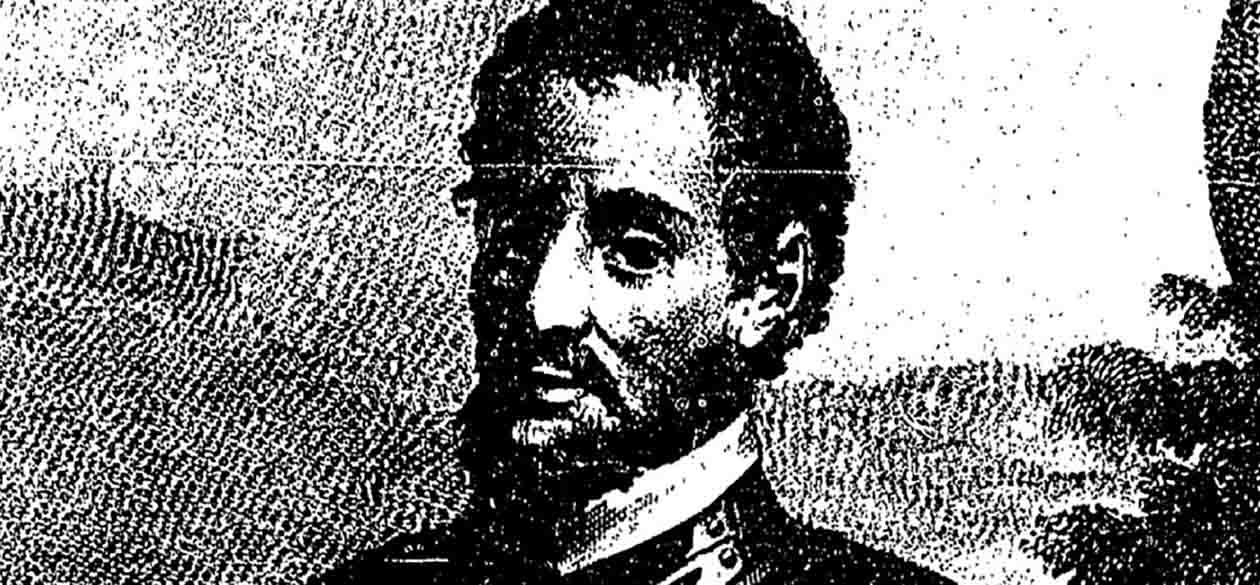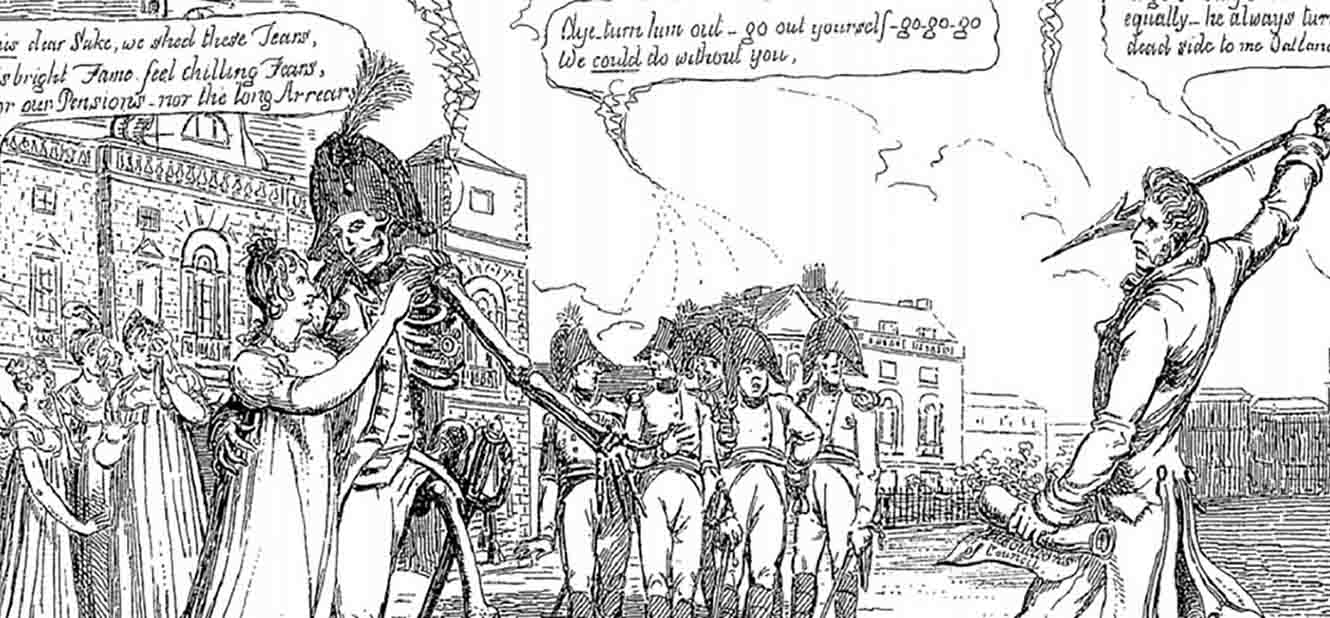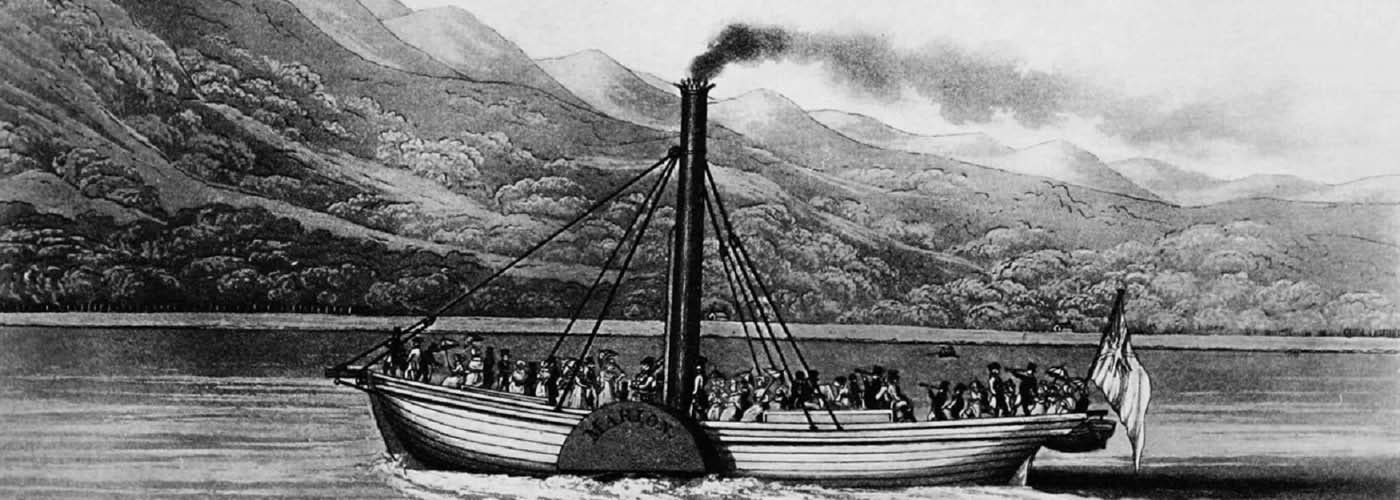Access documents from businesses, governments, and other sources that tell the story of slavery from a unique international perspective.
Part II: The Slave Trade in the Atlantic World continues this ground-breaking series by charting the inception of slavery in Africa and its rise as perpetuated on both sides of the Atlantic Ocean, with particular focus on the United Kingdom, France, and the United States. This collection features a wide range of materials, from monographs and individual papers to company records, newspapers, and a variety of government documents. An international editorial board with scholars specializing in North American, European, African, and Latin American/Caribbean aspects of the slave trade help make Part II more international in scope than Part I.
Part II covers a wide spectrum of subjects related to the history of slavery: legal issues; economics; the Caribbean; children and women under slavery; modes of resistance; and much more, from 1490 to 1896. This collection is particularly relevant in its significant coverage of France, Haiti, Jamaica, Denmark, Portugal, Brazil, Senegal, and many other countries and regions.
Part II is an exploration of the Atlantic slave trade and its aftermath through a corpus of historical printed documents and manuscript collections. It documents the slave trade as a key global phenomenon with ramifications for the study of commerce, philosophical and moral issues, literature, empire, law, government, and international relations. Part II includes key collections essential to the study of slavery, not limited to:
- Company of Royal Adventurers of England Trading with Africa and successors: Records from the National Archives in Kew: This collection covers the period 1660 to 1833. Ranging from account ledger books in London to day to day diaries of the West African Forts the documents reflect the financial and practical details of the running of an international trade organisation.
- The Exploration and Colonization of Africa. Files 2 & 392 from the British Colonial Office: This collection contains letters about the British and French colonisation of Africa written by Europeans, Africans, and officials in other countries.
- The Slave Trade, 1858-1892: British Foreign Office, Collection 541, Confidential Print Series: This collection includes names of slave ships, lists of captains and crews, details of slave ship seizures as well as descriptions of slave conditions in countries worldwide and correspondence to and from African and Asian leaders involved in the slave trade.
- Bibliothèque Nationale de France: This collection contains a selection of more than 450 titles from Gale and the bibliography of Peter C. Hogg, The African Slave Trade and its suppression.
- British Library collections: Key manuscripts related to the slave trade in Brazil, Portugal and Venezuela.
- U.S. Customs Service Records: Port of New Orleans, Louisiana Inward Slave Manifests, 1807-1860/ Outward Slave Manifests, 1812-1860: This collection includes records of slaves shipped to New Orleans from other American ports, permissions granted slave owners requesting that slaves travel to other American ports and manifests of ships carrying slaves from New Orleans.
- M89: Africa Squadron, 1843-1861; Letters Received by the Secretary of the Navy from Commanding Officers of Squadrons
- M1883: Selected Records of the Danish West Indies, 1672-1917: Essential Records Concerning Slavery and Emancipation
- T1121: RG 186: Records of the Spanish Governors of Puerto Rico, Registro Central de Esclavos, 1872 (Slave Schedules)
- M1753: Records of the U.S. District and Circuit Courts for the District of Connecticut: Documents Relating to the Various Cases Involving the Spanish Schooner Amistad
- M-2012: Appellate Case File No. 2161, United States v. The Amistad, 40 U.S. 518 (15 Peters 518), Decided March 9, 1841, and Related Lower Court and Department of Justice Records
Content in Part II is especially valuable for:
- European travelers and missionaries accounts: they often are the only records available to document the evidence of slavery in Africa
- European business records: These records are particularly valuable for piecing together the many wars and commercial disputes among the African powers on the Gold Coast (modern day Ghana), Sierra Leone, the Gambia area and the region around the old kingdom of Dahomey (modern day Benin)
- Further evidence beyond the United States and the United Kingdom of the international debates around the abolition of the slave trade
FEATURED REVIEW
“This database is an unparalleled resource for expert historians and undergraduate students alike. What's particularly exciting is that the current iteration is merely the beginning of an ongoing endeavor. Simply put, nothing is comparable to SAS. This project is unequivocally the most important undertaking related to the study of slavery. Essential. Upper-level undergraduates through faculty/researchers.”
- Choice
Look Inside
Additional Details
subjects covered
- Black Studies
- African Studies
- African-American Studies
- European Studies
- Humanities & Social Sciences
- Latina / Latin America / Caribbean Studies
- U.S. History
Reviews & Testimonials
“This comprehensive digital collection is not only valuable, it is a treasure trove.”
“Collections include sources from the American Colonization Society and the Anti-Slavery Collection from Oberlin College, among many others.”


